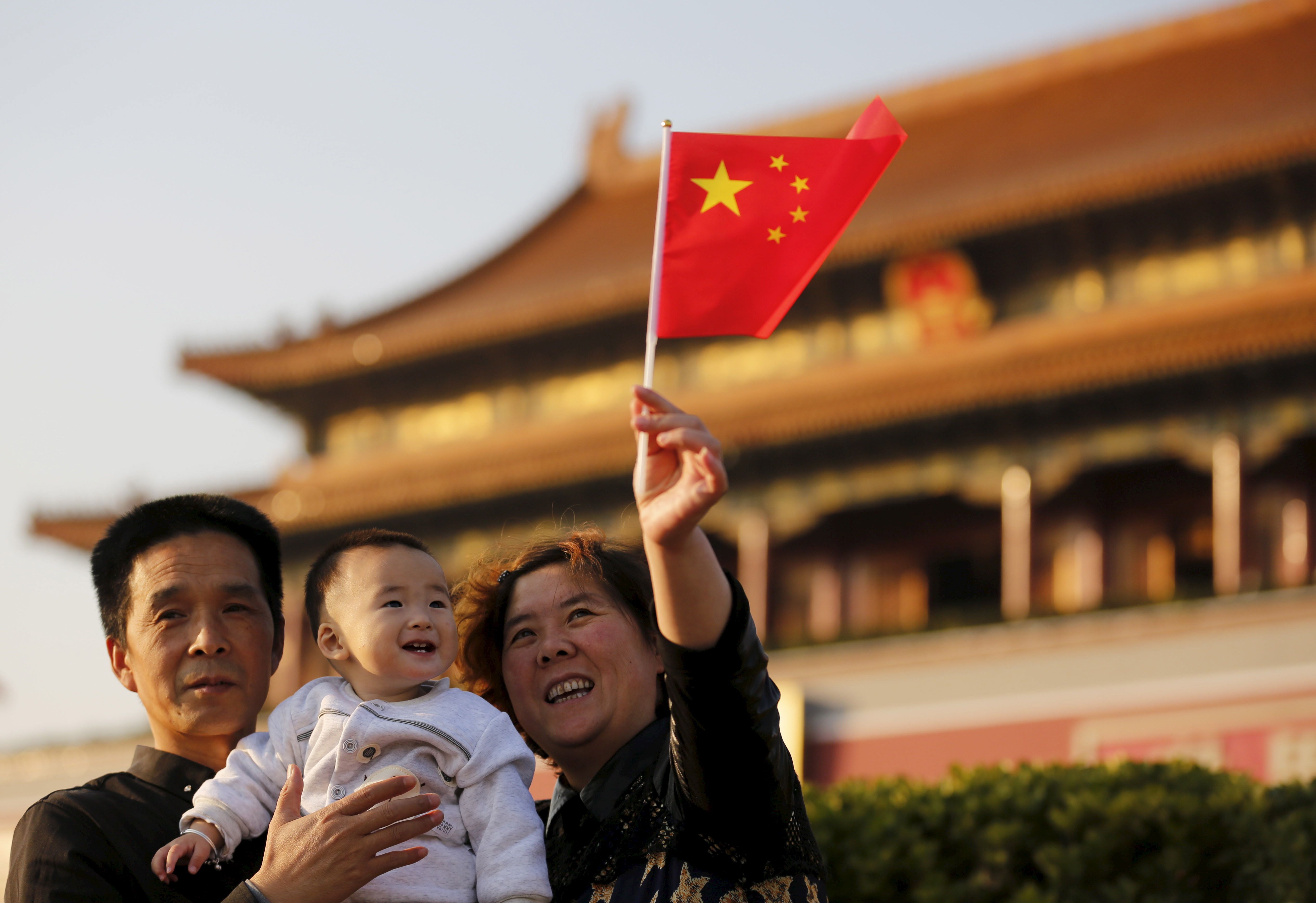These days, the most populous country in the world has a surprising problem: not enough people. Although China has 1.4 billion citizens, the government is worried that it’s falling short: with too few people of working age to sustain high levels of economic growth and support retirees and too few women for more than half a billion fellaz out there looking for love.
How’d we get here?
In the first two decades after Mao took power in 1949 – when China’s population was about one-third what it is today – the government actively encouraged “hero mothers” to have as many children as possible, as a patriotic duty. But by the 1970s fears of housing and food shortages caused the government to change tack, encouraging voluntary family planning to reduce birth rates. Not satisfied with the results, party leaders in 1979 instituted the now-infamous “one-child policy,” which applied to most Chinese living in cities. The policy was brutal but effective – birth rates fell by half, and population growth slowed.
But now, as a result, the government is worried that it has too few working age men and women to support continued rapid economic growth – the mainstay of the Communist Party’s authoritarian legitimacy and China’s aspirations for global power.
There are also concerns about who, exactly, will support and care for China’s increasingly elderly population. And lastly, because hundreds of millions of Chinese chose – or were forced – to abort female children during all those years of “one-child” restrictions, the gender ratio is hugely skewed towards men. Some estimates say there are 30 million more men than women of marriageable age now – a recipe for social discontent and instability.
So what’s the government going to do about it? Reports suggest party leaders are looking to do away with child restrictions altogether (the one-child limit was, in fact, already raised to two-children in 2016 – with little discernible effect). As if to make the point, the government’s recently unveiled Year of the Pig postage stamp depicts a porcine family featuring not one, not two, but three little piglets.
But it’s not so easy to boost birth rates. Punishments and restrictions on child-rearing are quite effective at forcing people not to have children. But encouraging them to have children is a lot harder. Atop the softer intangibles of personal attraction, there are hard considerations about whether having more children is even affordable. Higher housing and education prices make people less willing to have large families. In addition, boosting birth rates can have adverse effects on female participation in the labor force – an area in which President Xi Jinping’s record is already abysmal.
Governments around the world have, with few exceptions, generally fared poorly with schemes meant to boost fertility. Unless China can find a way to be the exception, the Chinese dream may go gray before it becomes golden.
